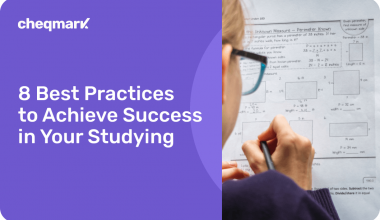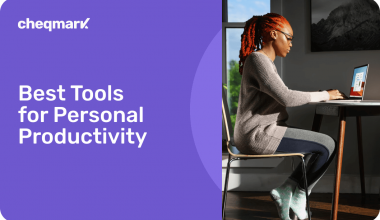Studying plays the most important part of any student’s life among the fun, friends, and parties. Focusing on studying can be challenging in today’s world filled with distractions. Whether you’re a student striving for excellence in your courses or just looking to acquire new knowledge, you face the problem that you can’t focus on studying.
In this article, we will discuss some tips on how to stay focused while studying.
What is an effective studying?
Studying is gaining knowledge and understanding concepts or specialized subject matter mastery. It involves engaging with learning materials such as textbooks, lecture notes, online resources, or practical exercises. Effective studying goes beyond simply reading through materials; it requires comprehension, retention, and the ability to apply what you’ve learned.

Benefits of Studying Effectively
Effective methods of study offer numerous benefits besides just academic performance. Here are some compelling reasons why you should invest time and effort into improving your study habits:
Improved Academic Performance: Effective studying directly correlates with better academic performance. You are better prepared for exams and assignments when you understand and retain information more efficiently.
Enhanced Understanding: Effective studying promotes a deeper understanding of the subject matter. It helps us understand how to use this knowledge in practice.
Time Efficiency: Studying effectively allows you to make the most of your study time. You can cover more material quickly, freeing up valuable hours for other activities.
Reduced Stress: Knowing you have a solid grasp of the material reduces anxiety and stress associated with exams and deadlines.
Lifelong Learning: Effective studying equips you with the skills needed for lifelong learning. Strong study habits are invaluable whether you’re in school or pursuing personal interests.
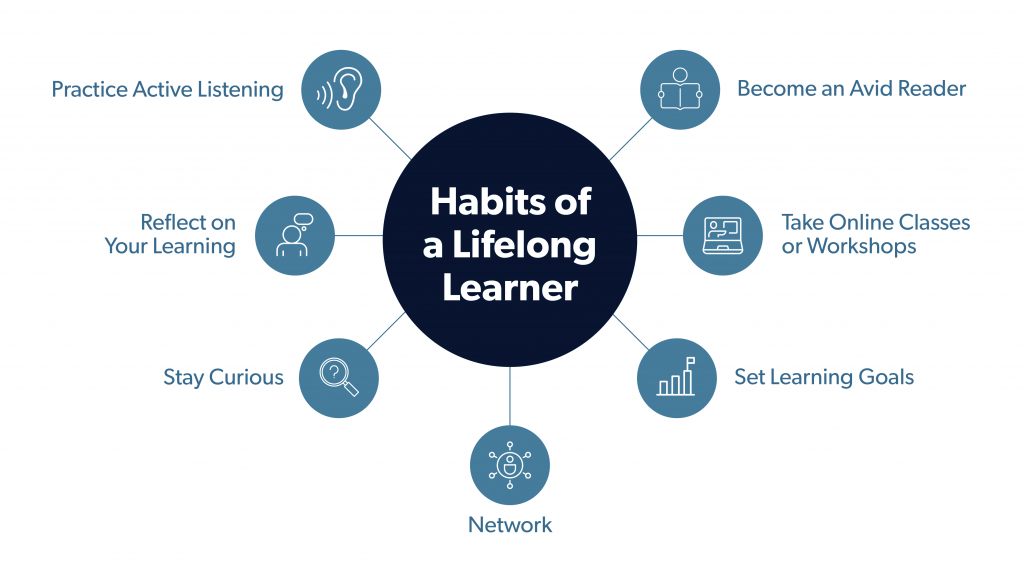
Now that we understand the significance of effective studying, let’s explore how to establish a study plan that works for you.
Establishing a Study Plan
You have to create a well-structured study plan if you want to focus on studying. It provides guidance, structure, and accountability. Some tips help you establish an effective study plan:
Creating a Study Schedule
A study schedule is a predefined timetable with specific time slots for studying.
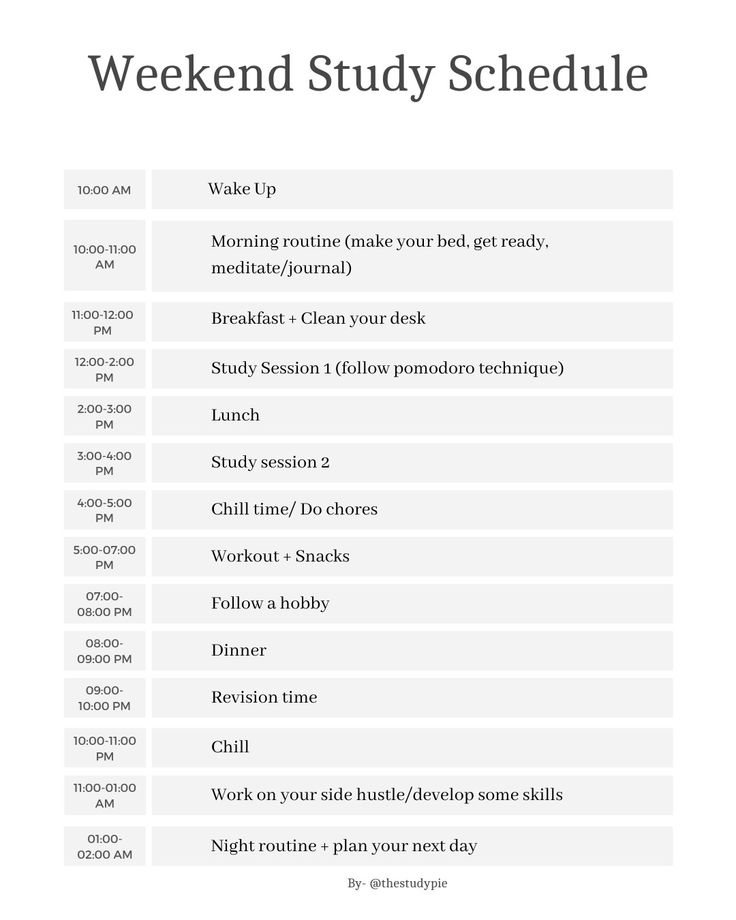
To create a study schedule:
- Identify the subjects or topics you need to cover.
- Consider your daily routine and responsibilities.
- Allocate dedicated time slots for each subject or topic.
- Ensure a balance between different subjects and regular breaks.
Setting Realistic Goals
Goal setting is a crucial component of a study plan on your ways to focus on studying. Goals provide a sense of purpose and direction.
When setting goals:
Make them specific, measurable, achievable, relevant, and time-bound (SMART).
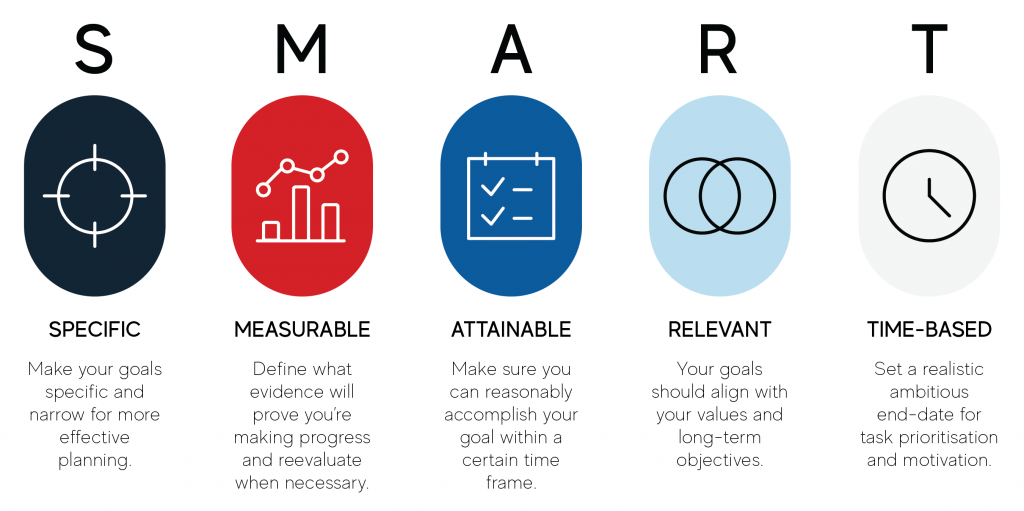
Break down larger goals into smaller, manageable tasks, like reading one book per night in manageable chunks.
Prioritize tasks based on their importance, such as allocating a day per week for focused study sessions and deadlines.
Choosing an Appropriate Study Method
Different individuals have different learning preferences and study methods. Some common study methods include:
Active Reading Technique: Engage with the material actively by highlighting key points, taking notes, and asking questions as you read.
Visualization: Create mental images or diagrams to understand complex concepts.
Practice Problems: For subjects like mathematics or science, solving practice problems effectively reinforces learning.
Group Study: Collaborative learning with peers can provide different perspectives and boost understanding.
Online Courses: Utilize online courses and tutorials for interactive learning.
Making a To-Do List
Incorporate a to-do list into your study plan. Create and manage your to-do lists to keep track of tasks and time management. Cheqmark offers beautifully designed templates that you can customize content and easily copy, complete, and download your checklists.
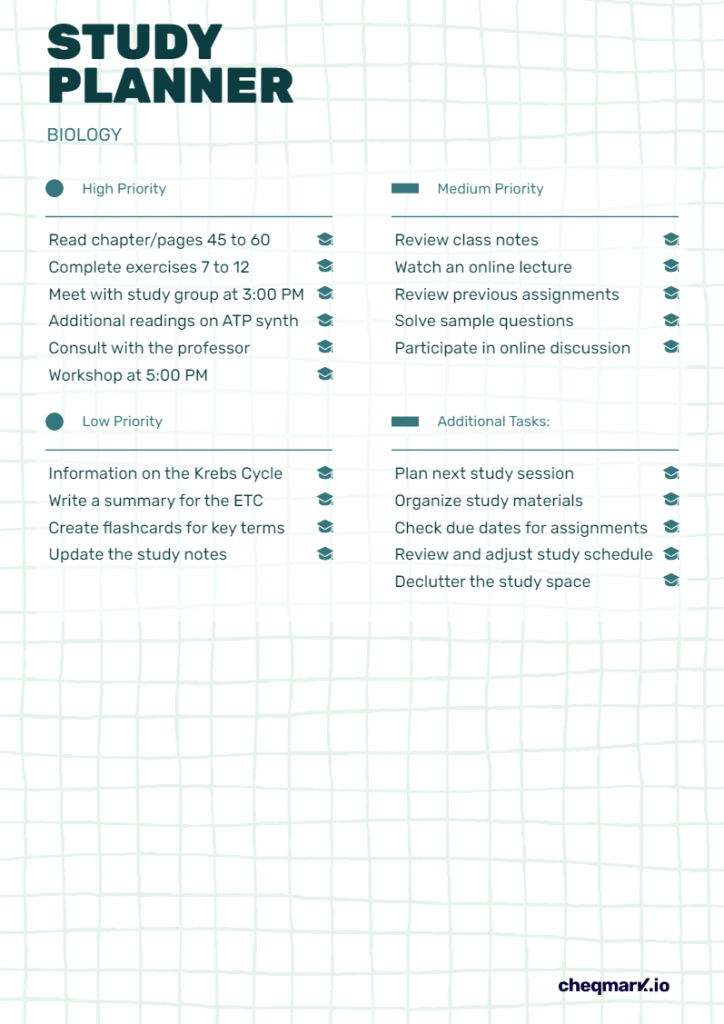
With a printable checklist in your study routine, you can effectively organize your tasks your study goals, set priorities, and monitor your progress.
Optimizing Your Study Environment
Your study environment plays a significant role when looking at how to concentrate on studying. Here are some ideas to make your study environment as effective as possible:
Choosing an Ideal Location to Study
Choose a serene and cozy location for your study sessions. Your focus and productivity can be greatly improved by having a clean space. Ensure your study environment has enough light, fresh air, and ergonomic furniture. Think about adding a desk plant to add some greenery and create a calming and inspiring atmosphere in your study space. Ensure your study spot is free from distractions, such as a blaring television or noisy family members. You can focus on your studies this way and learn everything possible.

Minimizing Background Noise and Interruptions
Noise and interruptions can disrupt your concentration. To maintain focus during your study sessions, consider these tips to focus on studying:
- Noise-Canceling Headphones: Block out distractions with noise-canceling headphones.
- Background Music: Create a study playlist with instrumental music for concentration.
- Notification Management: Use “Do Not Disturb” mode and browser extensions to silence notifications.
- Communication: Inform others about your study schedule to minimize interruptions.
Selecting Appropriate Materials for Studying
Gather all the necessary study materials in advance. This includes textbooks, notebooks, stationery, and any online resources.
Maximizing Your Efficiency During Study Sessions
Once you’ve established a study plan and optimized your study environment, maximizing your efficiency during study sessions is essential. Here are some strategies and tips to focus on studying:
Taking Regular Breaks
Even if it doesn’t initially sound like a good idea, incorporating regular breaks during study sessions can significantly enhance your productivity and focus. It’s important to recognize that the human brain has a limited attention span, and continuous studying can lead to burnout and reduced retention of information.
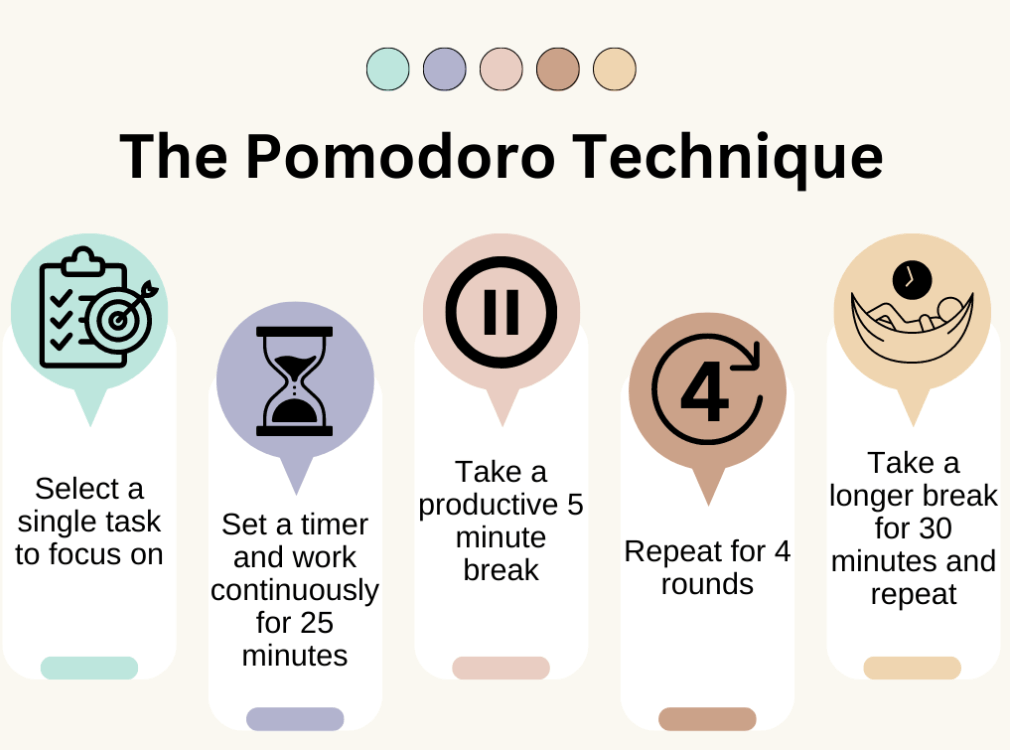
To make the most of your break time, especially considering the time of day, here’s a valuable study tip: try using the Pomodoro Technique. This technique involves studying intensely for 25 minutes, followed by a well-deserved 5-minute break. After completing four of these focused cycles, reward yourself with a 10-minute break or even a longer one if needed. This structured approach preserves your mental freshness and optimizes your study sessions.
Eating Dark Chocolate to Boost Brain Function
Incredibly at first sight, dark chocolate can be a practical study help. Flavonoids in dark chocolate have been demonstrated to improve cognitive function, memory, and alertness. However, taking too much sugar or caffeine might have negative consequences, so consuming dark chocolate in moderation is important. Consider indulging in a small piece of dark chocolate during your breaks to reap its cognitive benefits.
Exercising Regularly to Improve Academic Performance
Regular physical activity, including regular exercise, isn’t just beneficial for your body and profoundly impacts your brain. Along with giving you a strong, healthy physique, exercise is good for your mind and memory because it increases blood flow to the brain.
Also, add deep breathing exercises to your fitness program, as they can lower stress and cultivate calmness. They are often used together with regular physical activity. This synergy between physical and mental well-being can remarkably impact your overall health.
The profound benefits of exercise are not limited to the physical realm. Engaging in regular exercise stimulates the release of endorphins, often referred to as “feel-good” hormones.
In conclusion, effective study skills can be built through practice and proper methods. Learning to focus on studying is essential, especially when dealing with college-level reading skills and managing a complicated list of tasks. Understanding your learning style and tailoring your study approach can significantly improve your focus and productivity. Whether you’re a learner looking to expand your knowledge or a student hoping to achieve academically, these strategies can help you maximize your study sessions. Remember that the secret to success is finding the best methods for you and using them regularly to reach your educational goals.

